DIVERSITY: Atypical Asians break the stereotypes
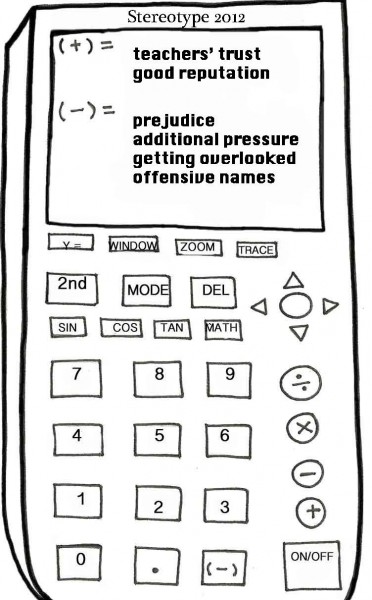 By Brigitte McFarland,
HUB Correspondent–
By Brigitte McFarland,
HUB Correspondent–
Your peers don’t even need to speak to you. They just know that you have a 5.0 GPA, stellar SAT scores, and an incredible work ethic. In many cases, this is how it feels to be an Asian student at Davis High. The prevailing stereotype regarding Asians casts them as a group of smart, hard-working people.
However, this generalization is actually detrimental for those who do not or cannot conform to it.
Adrienne Nishina, professor of human development and family studies at UC Davis, defines the stereotype as “a positive one—that Asian students work hard and do well in school.” She speculates that the stereotype arose from parental pressure for academic success.
What could be wrong with a complimentary stereotype such as this one? Junior June Chai admits that the stereotype makes her feel increased pressure about her academic performance, but she has no other qualms with it. “That [the stereotype] doesn’t bother me, it’s more of a ‘Oh look at that, people think I’m smart!’ and who doesn’t want that?”
Likewise, being typecast does not bother junior Paul Kim. “Having a stereotype for being smart is not negative,” Kim said.
However, Nishina believes that even though the perception of Asian students is positive, it can have negative effects for those who don’t measure up to it.
“This stereotype also masks certain Asian subgroups that really tend to struggle in school… However, because schools tend to lump students from all different types of Asian backgrounds together… these subgroups don’t often get the help they need.”
For some of the Asian students at Davis High, the problem with the stereotype is that it is widely accepted, yet incorrectly defines them.
Junior Maya Lindeman is an example of an Asian student who feels that she does not fit the “model minority” stereotype.
“I feel like I am the complete opposite of the stereotype. Some of my friends and I have decided that I am the whitest Asian you’ll meet,” Lindeman said. “Part of the Asian stereotype is that an Asian will work in some science or math profession. For me, math and science are my least favorite subjects so I’m definitely not planning to go into those fields.”
Lindeman also feels that people judge her based on her race without getting to know her. “Last year people who did not really know me would always ask me for help in math and I usually had no clue and couldn’t help them,” Lindeman said. “I feel like most people just expect me to do super well because I am Asian.”
In junior Emma Wu’s opinion, the part of the stereotype that most inaccurately describes her is the idea that all Asians “are quiet and shy and always pay attention in class.”
“I’m not that smart, and I play on my phone more than pay attention in most of my classes,” Wu said.
While the effects of prejudice are easily felt and understood by Davis High students like Wu and Lindeman, the stereotype can act in a more insidious way, changing people’s self-perception without them knowing.
A study conducted by Harvard’s psychology department revealed that stereotypes are not empty words–they affect their victims on a deep level. The department gave three groups of Asian-American women the same math test to investigate the variation in performance based on a reminder of applicable stereotypes.
According to the department, “a common cultural stereotype of women is that they have inferior quantitative skills compared to men” while “a common stereotype about Asians is that they have superior quantitative skills compared to other ethnic groups.”
The three groups were asked different sets of questions before their tests. One set of questions focused on race, one on gender, and the final set regarded neutral topics such as television and telephone service.
As the researchers predicted, the ones who were reminded of their “Asian-identity” received the highest scores on the test, followed by the control group, followed by the “female-identity” group.
The effect of the Asian stereotype in this case is positive, but the stereotype also has a negative connotation.
Sophomore Joy Wang, who does not classify herself as a “typical Asian,” sees how the stereotype could hurt her classmates. “This stereotype can hurt people by making them feel like they should be less ‘nerdy,’ more ‘cool,’ or ‘fit in more.’ Just like any other hurtful comment could hurt anyone else out there,” Wang said.
Asian students may feel that they need to work harder to interest people in their personalities, or that they need to overtly display their unique qualities in order to separate themselves from the stereotype.
For Lindeman, the only way to tolerate the situation is with humor.
“If I don’t do well on a math or science test I’ll just say I’m a ‘fail asian’… it’s kinda my way of coping with the fact that I’m not that stereotypical genius Asian student, and never will be,” Lindeman said. “But I’m pretty happy with the way I am now.”

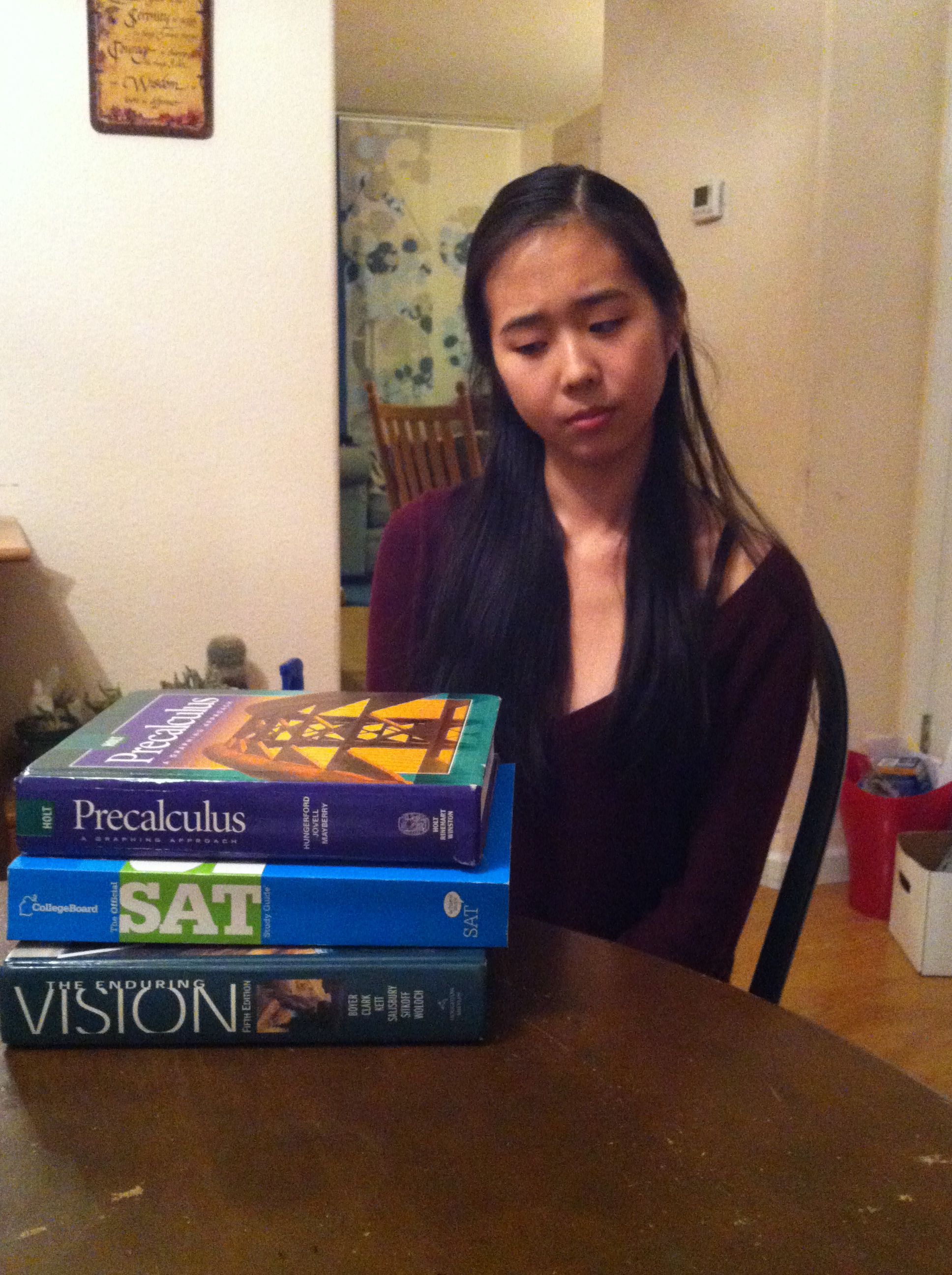
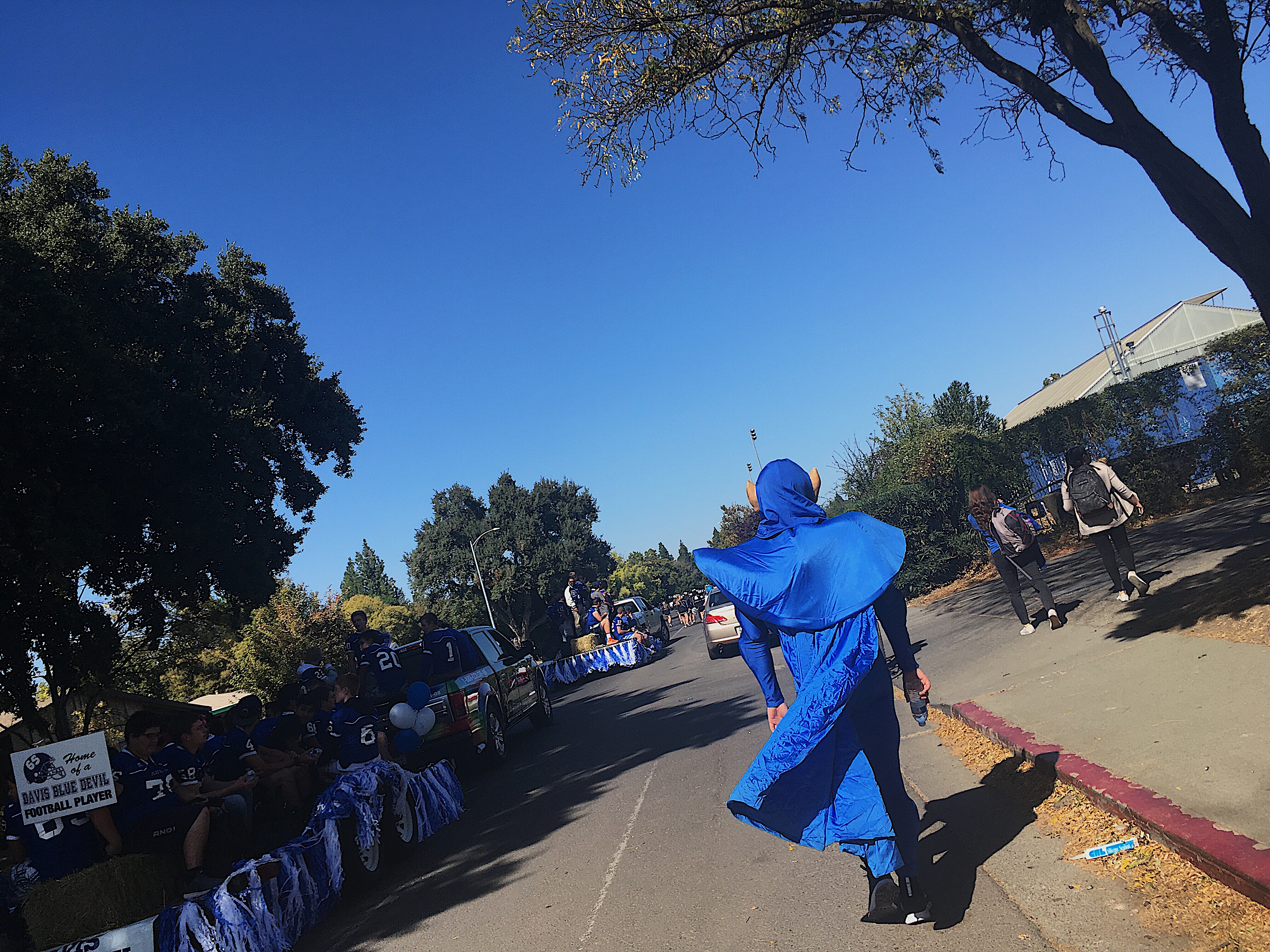
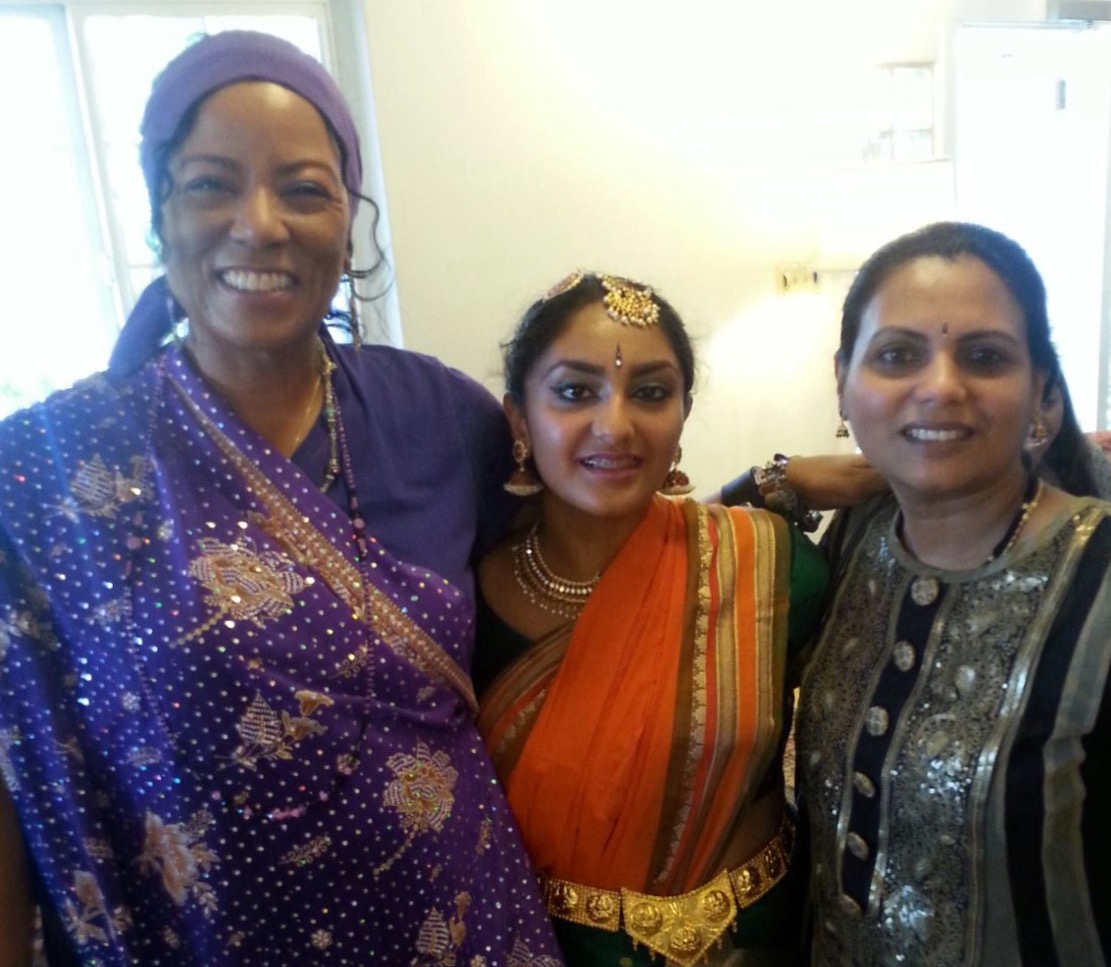
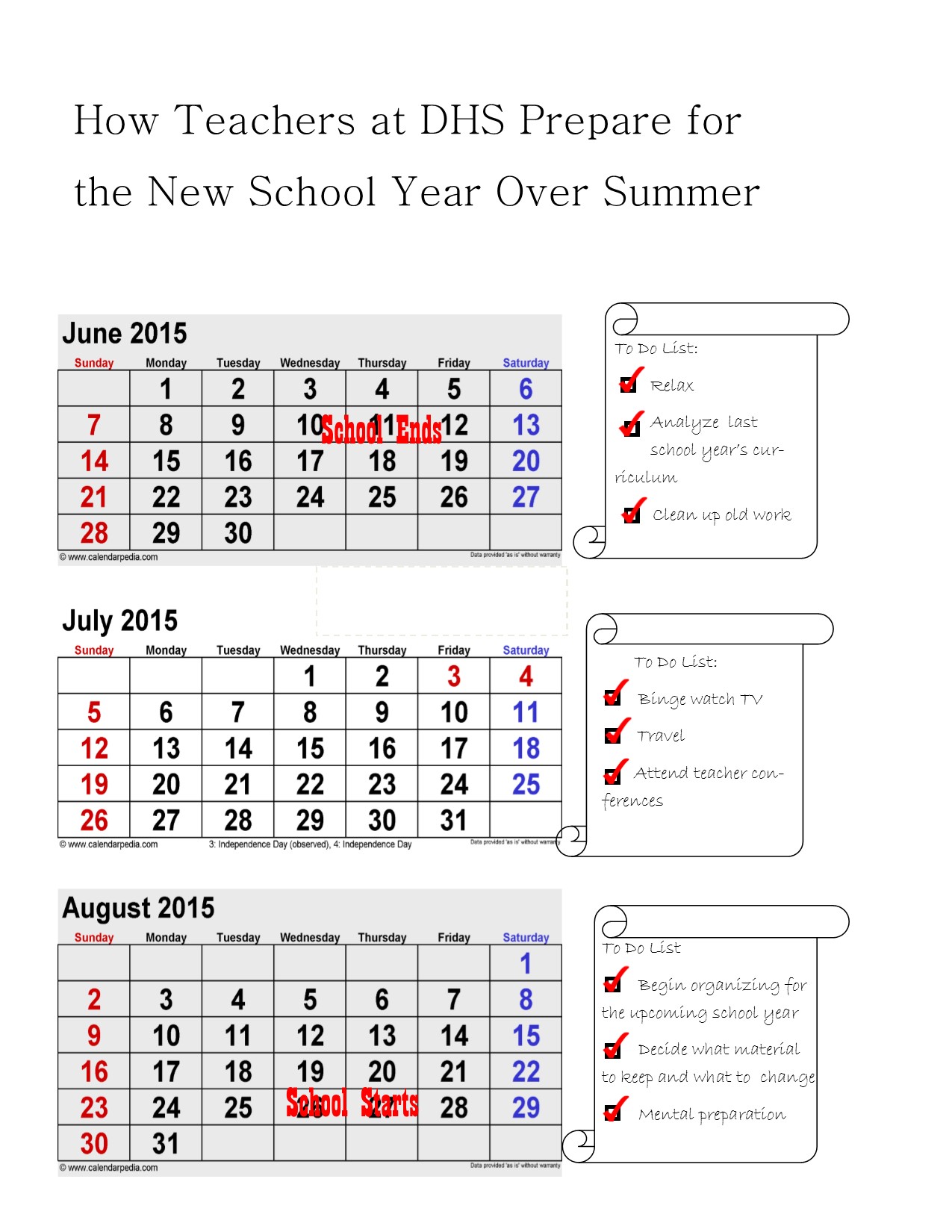
Brigitte McFarland I love you!!! FANCYFACE